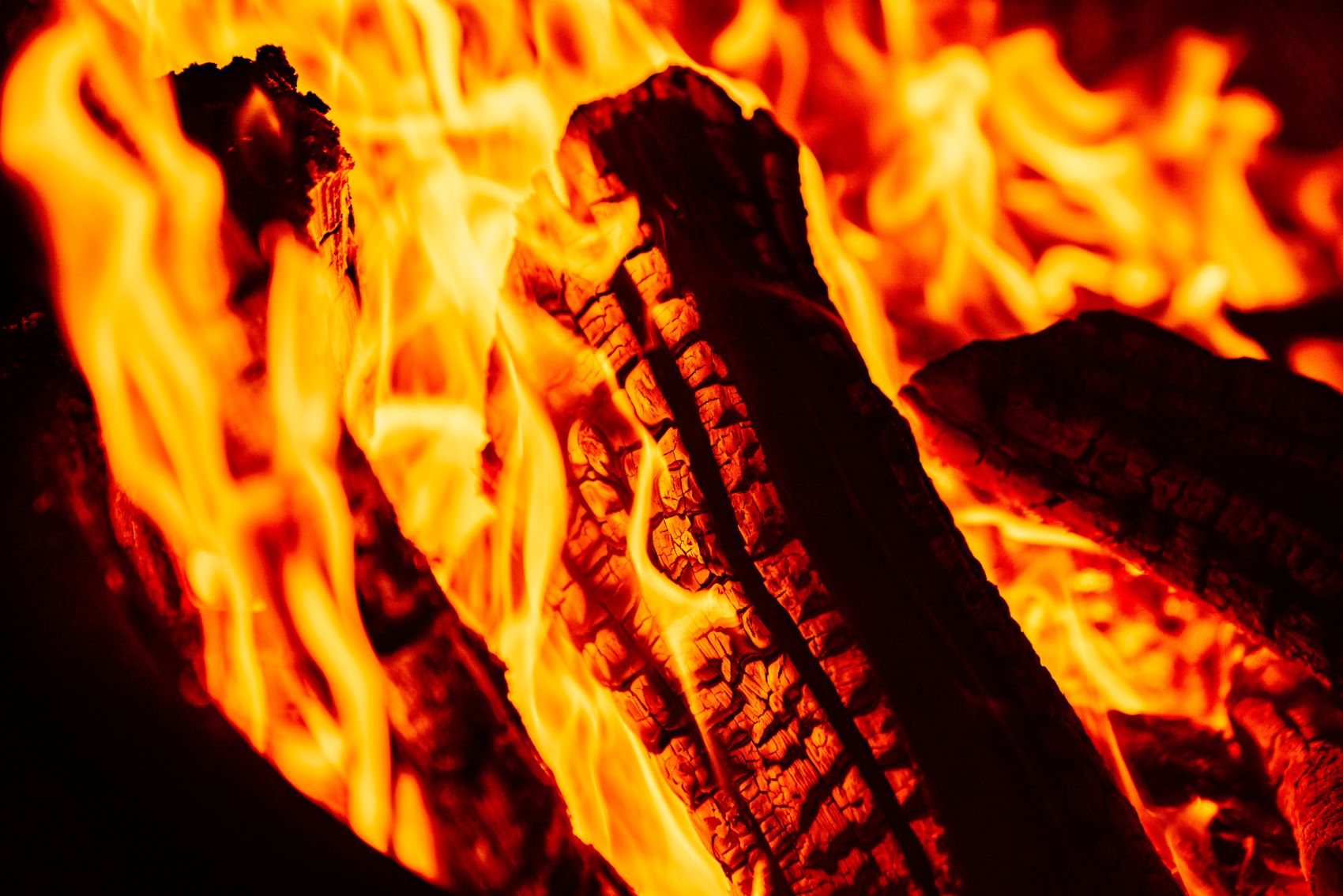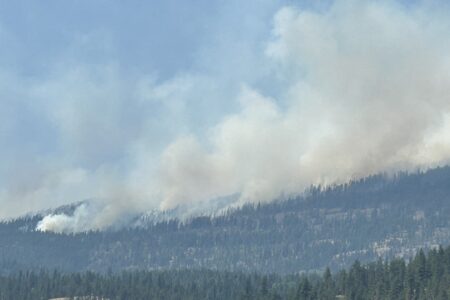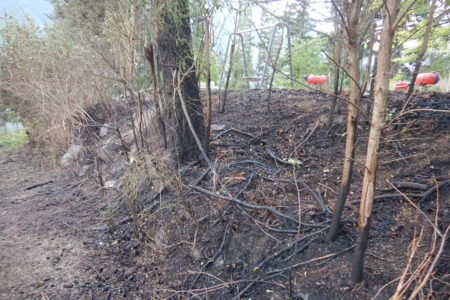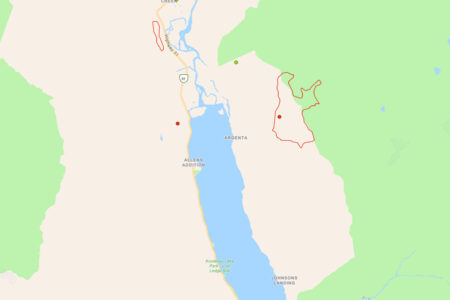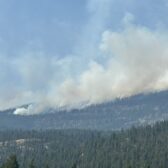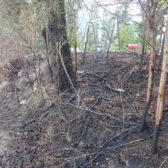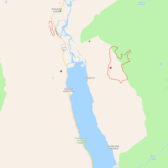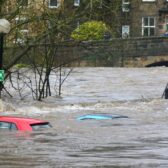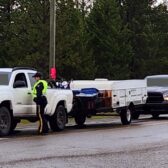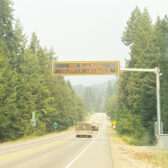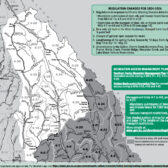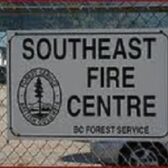Campfire Ban for BC; State of Emergency for Stikine Region
Effective July 10, 2023, at 3 p.m. (Pacific time), category 1 campfires will be prohibited throughout B.C. with the exception of Haida Gwaii. Campfires have already been prohibited in many regions of B.C.
The Province is declaring a state of emergency for the unincorporated Stikine region in response to the ongoing wildfire situation and is expanding campfire bans throughout the province.
An evacuation order is in place for specific areas in the region affected by the Little Blue River wildfire. The Stikine region is B.C.’s only unincorporated region. The Province is responsible for implementing evacuation orders for the region, which requires the Province to issue a state of emergency for the region.
The declaration is in effect as of Monday, July 10, 2023. Once issued, the state of emergency is initially in effect for 14 days and may be extended or rescinded as necessary.
“Keeping people safe is our number 1 priority. The state of emergency applies only to the Stikine region, but we are continuously assessing the situation across the province,” said Bowinn Ma, Minister of Emergency Management and Climate Readiness. “While the Wildfire Act already enables all the legislative tools required for us to access resources for fighting wildfires, we continue to closely monitor wildfire and drought conditions and impacts across B.C. to determine if other measures might be required. We will continue to take actions to keep people and communities safe.”
Declaring a state of emergency for a region or the entire province supports the government’s response to wildfire and drought by allowing the use of all necessary tools under the Emergency Program Act. The Wildfire Act provides the Province with all the tools needed to ensure the co-ordination of provincial and international resources, and support for suppressing wildfires.
There are 311 active wildfires burning in the province. During the past weekend, significant amounts of dry lightning affected nearly all regions of the province, starting 115 wildfires. Currently, there are 12 evacuation orders affecting approximately 156 people, in addition to 12 evacuation alerts affecting 629 people in the northwest, northeast and Cariboo regions.
B.C. continues to co-ordinate additional out-of-province resources through the Canadian Interagency Forest Fire Centre. International personnel from Mexico and the United States are deployed to the Prince George Fire Centre and the Province has contracted additional aviation resources in recent days.
Due to lower levels of rain and other precipitation over the past year, drought conditions continue to worsen in B.C., with the majority of water basins now at Level 4 drought. In recent months, the Province has supported communities in preparation for the summer.
If conservation measures do not achieve sufficient results and drought conditions worsen, temporary protection orders under the Water Sustainability Act may be issued to water licensees to support drinking water for communities and avoid significant or irreversible harm to aquatic ecosystems. Provincial staff are monitoring the situation and working to balance water use with environmental flow needs.
Everyone has a role to play in wildfire and drought preparedness. People and businesses should reduce water use wherever possible and observe all watering restrictions from their local or regional government, water utility provider or irrigation district.
In addition, people are urged to “FireSmart” their home, prepare their grab-and-go bags, and follow fire prohibitions in their area.



